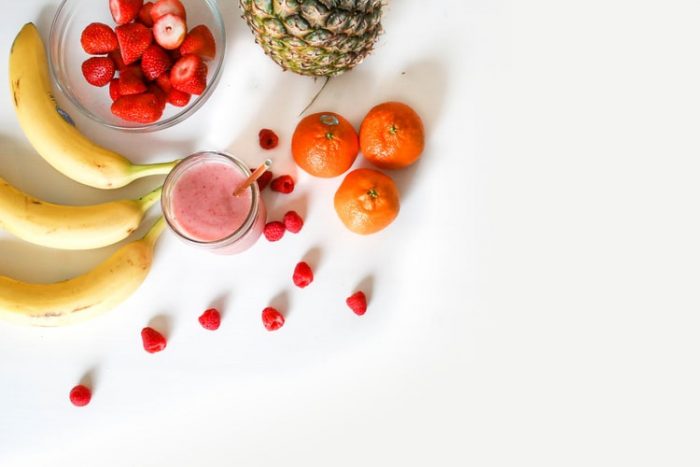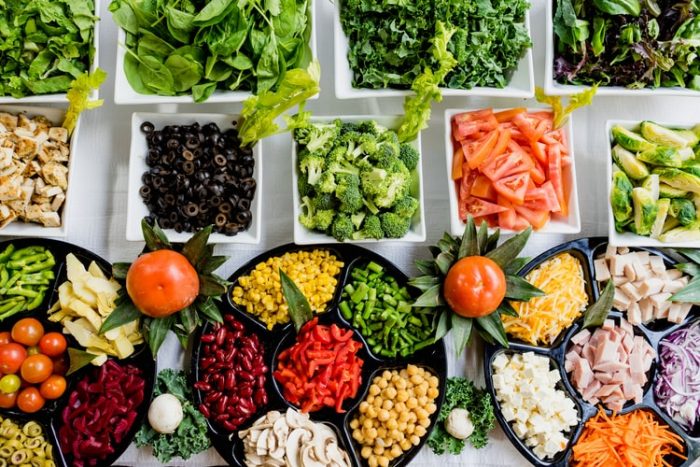Sports nutrition plays an important part in optimising the rewarding effects of daily physical activity, whether you’re a hardcore athlete, a weekend warrior trying to stay in shape or just working out to improve your overall mental and physical wellbeing. Whilst there are plenty of ready-made food products that are promoted as nutritional food, these can often be deficient in certain nutrients that our bodies need. The main problem is that for busy people, it can be difficult to keep track of what’s in the food that they eat.
For example, some food companies tend to label vitamins and supplements as “essential” rather than nutritional. This can lead to people purchasing vitamins, which they perhaps shouldn’t, or not taking any Vitamin C because they don’t think they need it. This can also lead to Vitamin D deficiency. A much better approach is to ensure you eat foods that provide your body with all the nutrients it needs to perform at its best, and one way of ensuring you get enough Vitamin C and other minerals is supplementation.

It might seem obvious, but if you want to be healthy and enjoy your workouts, then you need to make sure that you’re getting enough sports nutrition. One of the main benefits of sports nutrition supplements is that they can help to balance your diet, increasing the amount of fruit and vegetables that you eat, for example. This is especially true if you’re a vegetarian and are trying to eat foods that don’t include red meat, fish or other animal-derived products. Another advantage is that a good sports nutrition plan can help you achieve your weight loss goals quicker, and with less effort.
As well as sports supplements, an athlete should also be supplementing their diet with food supplements that contain specific vitamins and minerals that will help their performance. The main categories are Vitamin E, Vitamin C, Zinc, Calcium and Iron. If you’re not eating enough of these, then the intake of a food source containing them will significantly boost your performance. However, it’s always wise to consult with your sports nutritionist before you start taking any extra vitamins, as some could counteract the benefits of the others.

It’s also important to remember that sports nutrition isn’t just about having the correct diet – this won’t necessarily help you to train harder or improve your performance. It’s about managing your nutrition and ensuring that you are getting the nutrients that your body needs to perform at its best. For instance, drinking water constantly can help you keep hydrated which is essential to both your training and recovery phases. A balanced nutrition plan can help you grow and develop optimally, while ensuring that you are receiving the essential vitamins and nutrients that ensure your body is functioning at its most efficient level.
Sports nutrition is more than just choosing the right food every day – it’s about how you choose to prepare and cook it that will have the greatest impact. To help you to achieve a healthy, low-calorie diet, make sure that you are choosing foods that are low in saturated fat, sodium and cholesterol and focus on eating plenty of fresh fruit and vegetables, lean protein and whole grain foods. These have been proven to help you lose weight, strengthen your muscles and increase your energy levels during your exercise, making it easier for you to exercise longer and give you more of a chance of hitting your fitness goals.
